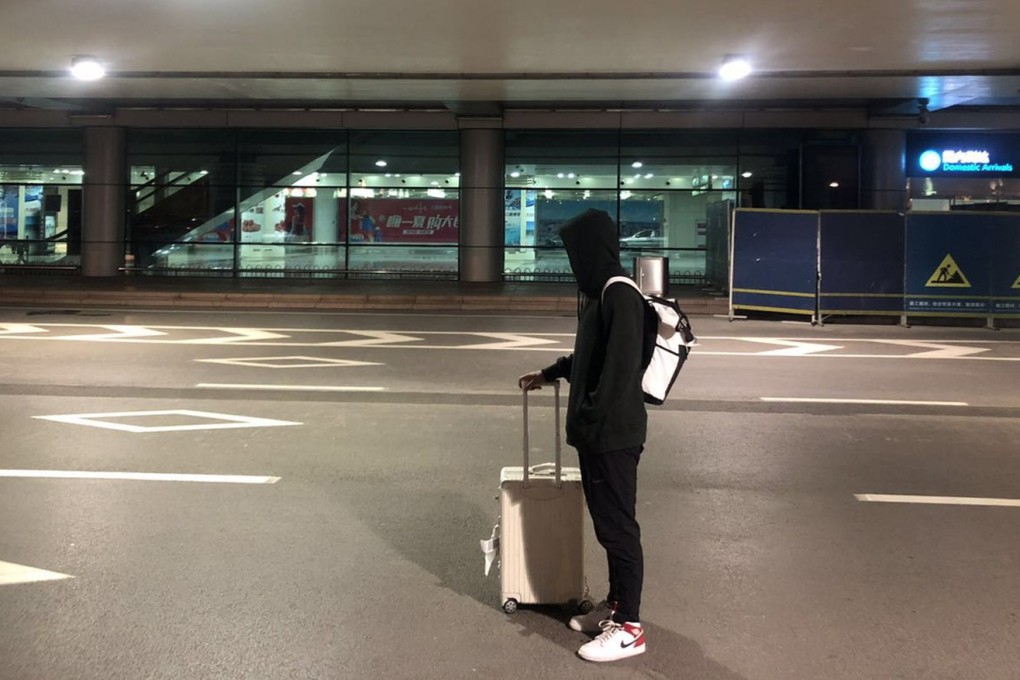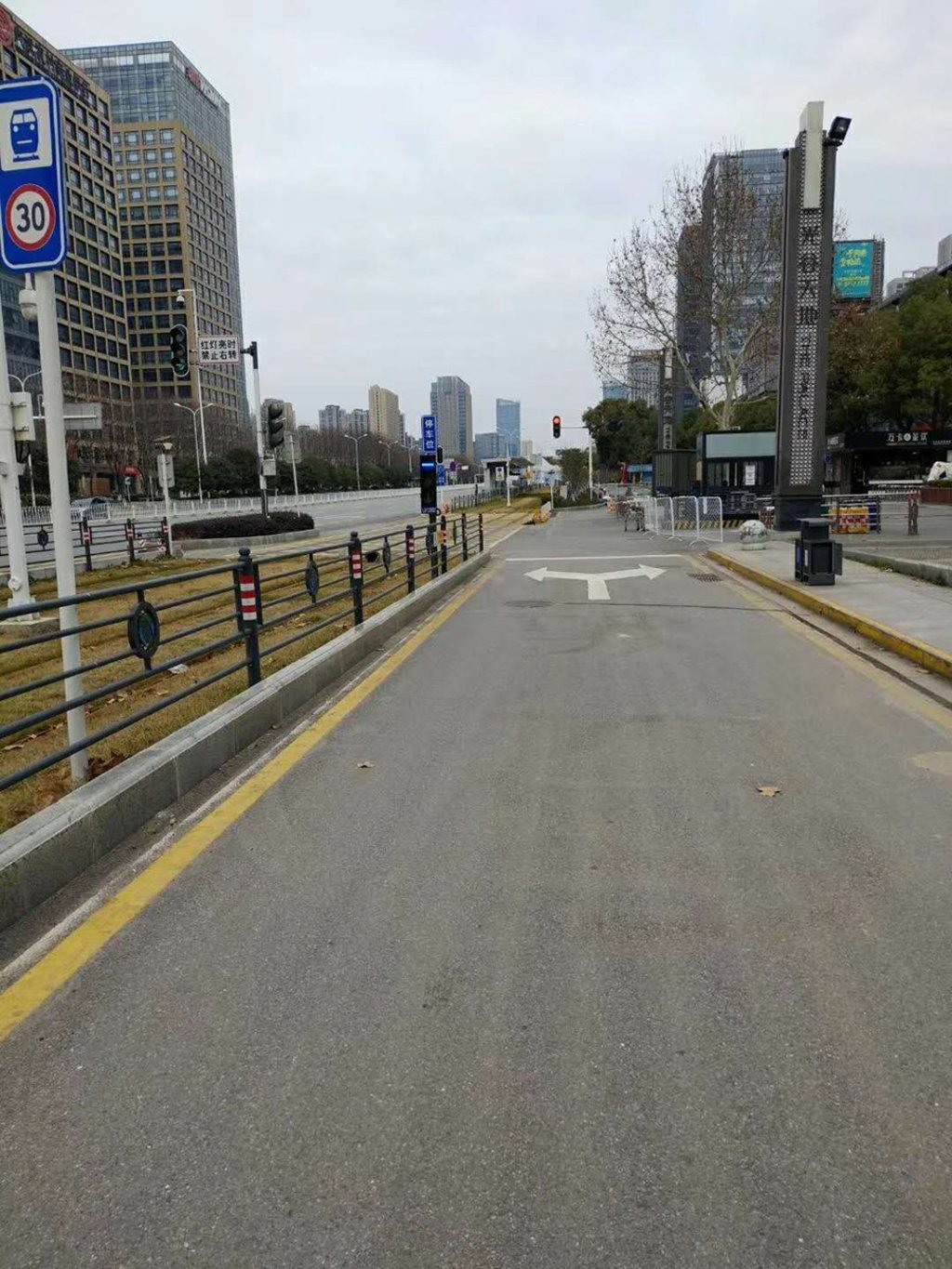Coronavirus: stranded in Wuhan, the people who just want to go home
- Thousands of outsiders are stuck in Wuhan after the city went into lockdown to contain the coronavirus outbreak
- Often jobless, homeless and alone, they tell their stories of survival and frustration, and of their hopes it will all end soon

Monday marked a month since mobile game developer Jiang Wenqiang was stranded in Wuhan, the Chinese city in Hubei province where the coronavirus outbreak was first reported. To support himself, he worked 12 hours a day collecting rubbish and scrubbing floors at a local hospital.
It wasn’t his plan. He had been on a train from Shanghai to the southern city of Changsha, in Hunan province, to sign a contract with a business partner in early February. While on the train, he left his compartment to buy lunch.
Just then, the train stopped at Wuhan. People sitting near him immediately stood up to get off. As passengers around him disembarked, the train conductor urged Jiang to get off too. He tried to explain he was headed for a different city, with no success.
“The [staff] were looking at me as if I carried the virus,” he told the South China Morning Post. “They kept their distance from me and backed away as I walked towards them.”

Since January 23, all transport in, out and within Wuhan has been stopped. However, some locals who had been stranded outside Hubei took trains passing through the city before begging to be let off there. More often than not, the trains made exceptions.